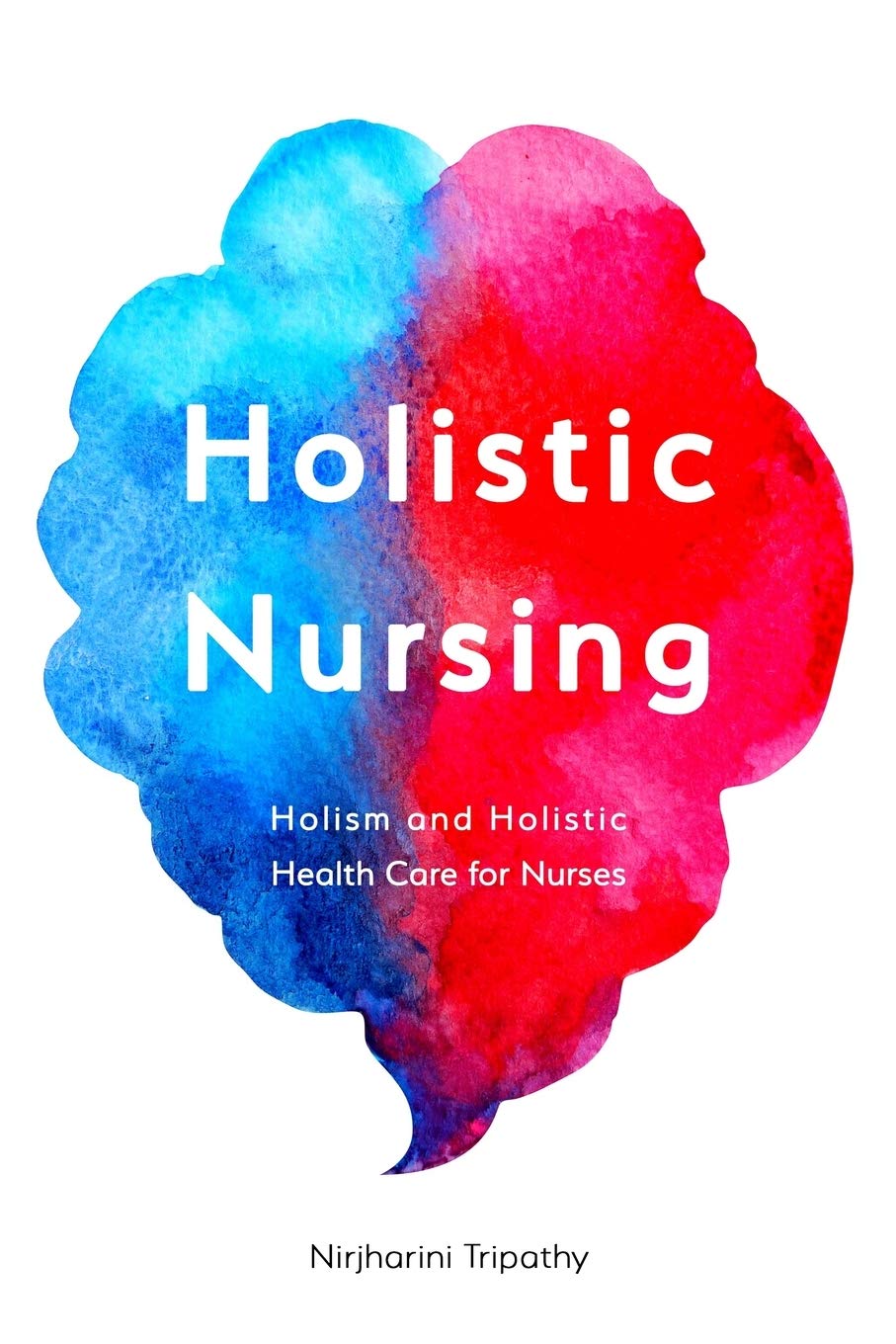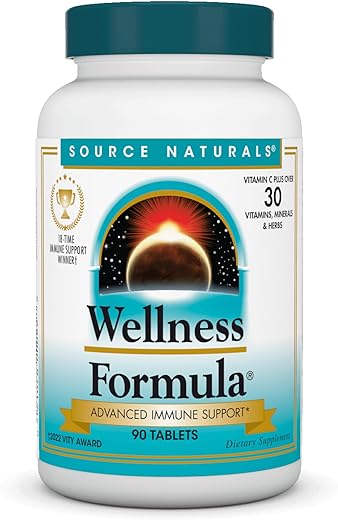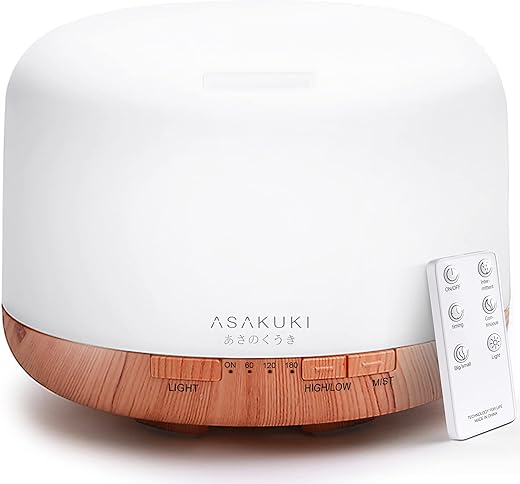Are you tired of one-size-fits-all healthcare solutions? Have you ever considered the bizarre fact that 80% of the world’s population relies on traditional medicine for their primary healthcare needs? Dive into this transformative piece as it uncovers the fascinating clash between holistic and traditional medicine. Explore the contrasting philosophies behind these two approaches and unlock the key to personalized well-being. Are you ready to transcend your views on healthcare and make holistic decisions that cater to your unique needs? Strap in for a journey of discovery!
Discover top Holistic healthcare solutions for a healthier you
What is Holistic Medicine?
Holistic medicine is an approach to healthcare that considers the entire person – mind, body, and spirit – in the treatment and prevention of health issues. It relies on the belief that all these aspects are interconnected and should be taken into account to achieve optimal health and wellness.
Understanding the Whole Person
- Mind: Holistic medicine recognizes the impact of mental and emotional well-being on physical health. For example, stress, anxiety, and depression can manifest as physical symptoms, emphasizing the importance of addressing mental health alongside physical symptoms. Brands like Headspace offer meditation and mindfulness practices to support holistic mental wellness.
- Body: Traditional medicine tends to focus on treating specific symptoms or conditions. In contrast, holistic medicine aims to address the root cause of illnesses by considering the body as a whole system. For instance, supplements like Nature’s Bounty Complete Vitamin B-Complex aid in overall well-being by supporting the body’s natural functions.
- Spirit: Acknowledging the spiritual aspect of health, holistic medicine encourages individuals to connect with their inner selves or spiritual practices as a means to promote healing. Practices like yoga or mindfulness help individuals strengthen their connection between mind, body, and spirit for improved holistic well-being.
Key Principles of Holistic Medicine
- Personalization: Holistic medicine recognizes that each individual is unique and therefore requires personalized treatments that consider their specific needs and circumstances.
- Prevention: Rather than merely treating symptoms as they arise, holistic medicine emphasizes preventing illnesses by promoting healthy lifestyle choices, including proper nutrition, exercise, and stress management.
- Collaboration: Holistic medicine often involves integrating complementary therapies with conventional treatments to provide a comprehensive approach to healthcare. This collaborative effort aims to optimize health outcomes for patients.
Benefits of a Holistic Approach
- Comprehensive Care: By addressing the whole person, holistic medicine can uncover underlying issues that conventional treatments might overlook. This comprehensive care leads to long-lasting solutions rather than temporary fixes.
- Empowerment: Holistic medicine empowers individuals to take an active role in their health by providing them with tools and knowledge to make informed decisions about their well-being.
- Balance and Harmony: By nurturing the mind, body, and spirit simultaneously, holistic medicine promotes balance and harmony within individuals, leading to improved overall health and vitality.
In conclusion, embracing a holistic way of approaching healthcare involves recognizing and honoring the interconnectedness of the mind, body, and spirit. By incorporating holistic practices into our daily lives, we can experience improved well-being and vitality.
Principles of Traditional Medicine
Understanding the Foundations
Traditional medicine, passed down through generations, follows key principles that form the basis of its approach to healing. While the methods vary across cultures, one common theme is the use of natural remedies derived from plants, minerals, and animals.
- Traditional Chinese Medicine (TCM) employs acupuncture, herbal medicine, and dietary therapy.
- Ayurveda, an ancient Indian system, emphasizes balance in bodily systems through herbs, yoga, and meditation.
Holistic Healing
One distinct feature of traditional practices is their holistic approach to health. Rather than targeting isolated symptoms, traditional medicine treats the whole person by considering physical, mental, and spiritual aspects.
- Himalaya Neem and Turmeric Face Wash
- Dabur Chyawanprash
Personalized Treatments
Traditional medicine often tailors treatments to individual needs. This personalized approach accounts for varying constitutions, lifestyles, and environmental factors.
- Dou Yee Enterprises’ customized TCM herbal blends
- Hansa Prime Therapy personalized Ayurvedic consultations
Root Cause Analysis
By identifying and addressing root causes of illnesses, traditional medicine seeks long-term solutions rather than temporary relief. This approach may include lifestyle modifications and nutritional changes.
- Jamuna Pharmacy Gluco Health
- Molkosan Digestion from A.Vogel carries out a gentle and personified narrative
Balance and Harmony
A central tenet of traditional medicine is restoring balance and harmony in the body. Techniques such as massage, meditation, and yoga aim to align energy flow and optimize overall well-being.
- PT Bintang Toedjoe counteraction product Mu Ganta Antimo Crop Dusting preventive approaches
- Energizing brands from Guthy-Renker
Embracing the principles of traditional medicine can offer valuable insights into promoting lasting health and well-being. Explore the rich traditions and practices to find holistic approaches for a vibrant life.
Remember, understanding these tried-and-true principles can open doors to natural healing and optimal wellness.
Benefits
When it comes to holistic approaches in medicine, there are several compelling benefits that make it an attractive option for many individuals.
- Personalized Care: One of the key advantages of holistic medicine is the emphasis on personalized care. Unlike traditional health care practices that often take a one-size-fits-all approach, holistic medicine focuses on treating the individual as a whole person, taking into consideration their physical, emotional, and spiritual well-being. [Example: Dr. Bronner’s Magic Soaps is a brand known for its holistic approach to personal care products, using organic and fair trade ingredients to address the individual needs of their customers.]
- Focus on Prevention: Holistic approaches prioritize prevention rather than just treating symptoms. By addressing the root causes of health issues and working to maintain overall wellness, individuals can potentially reduce the risk of developing chronic conditions or illnesses. [Example: The Fitbit smartwatch is a popular device that promotes wellness by monitoring activity levels, heart rate, and even sleep patterns to help users take a proactive approach to their health.]
- Natural and Non-Invasive: Holistic medicine often relies on natural remedies, such as herbal supplements, acupuncture, or dietary changes. These approaches can be less invasive and have fewer side effects compared to conventional medical treatments. [Example: Traditional Medicinals is a brand specializing in herbal teas, offering natural remedies for various ailments such as indigestion, sleep disturbances, and stress.]
Drawbacks
While holistic approaches offer a unique and well-rounded perspective on health and wellness, there are also some drawbacks to consider:
- Limited Scientific Evidence: One of the primary criticisms of holistic medicine is the lack of robust scientific evidence supporting its efficacy in some cases. While many individuals may experience positive outcomes with holistic treatments, the scientific community often requires more rigorous research to validate these outcomes. [Example: Essential oils are commonly used in holistic practices, but studies demonstrating their effectiveness for certain conditions are scarce.]
- Cost Considerations: Holistic treatments can sometimes be more expensive than conventional medical options, especially if they are not covered by insurance. This can make it challenging for individuals with limited financial resources to access holistic care. [Example: A visit to a naturopathic doctor for holistic health consultations may not be covered by insurance plans, requiring individuals to pay out-of-pocket for these services.]
- Lack of Regulation: Unlike conventional medicine, holistic practices are not always regulated by governing bodies, leading to inconsistencies in the quality and training of practitioners. This lack of oversight can make it difficult for consumers to navigate the field of holistic healthcare and find trustworthy providers. [Example: In the world of supplements, quality can vary greatly among brands, with some adhering to strict standards of purity and potency, while others may be less rigorous in their manufacturing processes.]
Choosing the Right Path for You
When it comes to making decisions about your health, especially with the vast array of options available, it’s crucial to consider what approach aligns best with your values, beliefs, and health needs. One of the primary decisions individuals often face is choosing between holistic and traditional medicine. Let’s delve into the key factors to help you navigate this choice effectively.
Holistic Medicine: Embracing a Comprehensive Approach
Holistic medicine takes into account the whole person – mind, body, and spirit – to promote well-being. Here are some reasons why you might consider holistic medicine:
- Focuses on Root Causes: Holistic practitioners aim to identify and address the underlying imbalances that lead to symptoms.
- Personalized Care: Treatments are often tailored to individual needs with a focus on natural remedies like herbal supplements, acupuncture, and mindfulness techniques.
- Emphasis on Prevention: Holistic medicine often places significant importance on preventive strategies to maintain overall health and well-being.
Key Brands in Holistic Medicine:
- Gaia Herbs: A renowned brand offering a wide range of herbal supplements promoting holistic wellness.
- Yogi Tea: Known for its line of herbal teas that blend natural ingredients to support various aspects of well-being.
Traditional Medicine: Harnessing Scientific Approaches and Technology
Traditional medicine, or conventional medicine, tends to follow evidence-based practices supported by scientific research. Here’s why traditional medicine might be the right choice for you:
- Established Treatments: Traditional medicine often relies on proven medications, surgeries, and therapies to treat specific health conditions.
- Standardized Protocols: With a focus on standardized protocols, traditional medicine ensures consistency in treatment approaches.
- Efficiency of Care: Traditional medicine settings offer quick access to medical care with specialists available to address specific health concerns.
Key Products in Traditional Medicine:
- Pfizer: Known for its pharmaceutical products and cutting-edge research in developing medications for various chronic and acute conditions.
- Stethoscope from 3M Littmann: A trusted brand for healthcare professionals, providing accurate and high-quality diagnostic tools.
When faced with the decision between holistic and traditional medicine, it’s essential to consider your personal philosophies, health goals, and preferences. By understanding the fundamental differences and benefits of each approach, you can empower yourself to make an informed choice that resonates with your unique needs and values. Whether you opt for the holistic path or lean towards traditional medicine, the key is to prioritize what supports your journey to optimal health and well-being.
Choosing Your Path to Wellness
In the conclusion of the blog post comparing Holistic vs Traditional Medicine, it is highlighted that finding a balance that aligns with personal preferences and health objectives is fundamental. Consulting healthcare professionals is advised to gain insights, explore choices, and make well-informed decisions for better health and well-being.
Find answers to your questions about holistic healthcare
How does holistic healthcare address physical, mental, emotional, and spiritual wellbeing compared to traditional medicine?
Holistic healthcare considers an individual as a whole, addressing not only physical symptoms but also emotional, mental, and spiritual well-being. Traditional medicine typically focuses solely on treating specific illnesses or ailments. By taking a holistic approach, practitioners aim to uncover and address the root cause of health issues rather than just managing symptoms. This can lead to a more comprehensive and personalized treatment plan that promotes overall wellness and balance in all aspects of a person’s life, compared to the more narrow focus of traditional medicine.
Can you explain how holistic treatments complement or contrast with conventional medical treatments in treating various conditions?
Holistic treatments and conventional medical treatments can complement each other in treating various conditions. Holistic treatments focus on treating a person’s mind, body, and spirit as a whole, taking into account factors like lifestyle, nutrition, and emotional well-being. This can provide a more comprehensive approach to healing and may help to address underlying causes of illness.
Conventional medical treatments, on the other hand, often use medications, surgery, or other interventions to target specific symptoms or diseases. While these treatments are effective in many cases, they may not always take into account the broader context of a person’s health.
By combining holistic treatments with conventional medical treatments, individuals may benefit from a more holistic and integrated approach to managing their health. This can lead to improved outcomes, reduced reliance on medications, and better overall well-being. It is important for individuals to work closely with their healthcare providers to determine the best combination of treatments for their specific condition.
How important is prevention and patient education in holistic healthcare, and how does it influence treatment and outcomes in comparison to traditional medicine?
Prevention and patient education play a crucial role in holistic healthcare, as they focus on addressing the root causes of illnesses rather than just treating symptoms. By emphasizing preventive measures such as proper nutrition, regular exercise, stress management, and lifestyle changes, holistic healthcare aims to empower patients to take control of their own health and well-being.
Patient education in holistic healthcare also helps individuals make informed decisions about their health, promotes self-care practices, and encourages a more proactive approach to wellness. By understanding the interconnectedness of the mind, body, and spirit, patients are better equipped to make holistic lifestyle choices that can prevent illnesses from occurring or recurring.
In comparison to traditional medicine, which often focuses on treating symptoms after they have already manifested, holistic healthcare places a stronger emphasis on preventing diseases before they develop. This proactive approach can lead to long-term health benefits, improved overall well-being, and better treatment outcomes by addressing underlying issues and promoting comprehensive healing on multiple levels.
Overall, the integration of prevention and patient education in holistic healthcare positively influences treatment outcomes by promoting self-awareness, self-empowerment, and proactive health management. It provides individuals with the tools and knowledge needed to make positive choices that support optimal health and wellness in a holistic and sustainable way.


















I appreciated the discussion on the benefits and drawbacks of holistic approaches. It would be helpful to include more information on the potential risks associated with holistic treatments.
Thank you for your feedback. I’ll consider including more information on the potential risks in future articles.
I have always been curious about how holistic medicine takes into account the mind-body connection in healthcare. It would be enlightening to see more examples of this integrated approach in practice.
I disagree with the portrayal of traditional medicine principles as outdated. There is value in both holistic and traditional approaches, and they can complement each other for holistic patient care.
I appreciate your perspective. It’s true that both approaches have their strengths, and a combination of the two can indeed provide comprehensive care.
Could you recommend any books or research articles for further reading on this topic? I’m keen to learn more about the principles and evidence behind holistic and traditional medicine.
The debate between holistic and traditional medicine can be contentious. It would be interesting to see a follow-up article that explores how these two approaches can work together synergistically.
That’s a great suggestion. I’ll consider writing a follow-up article to delve deeper into the integration of holistic and traditional medicine for optimal patient outcomes.
I have personally found success in integrating holistic practices like acupuncture and mindfulness meditation into my healthcare routine. It has significantly improved my overall well-being.
I found the comparison between holistic and traditional medicine very informative. It would be interesting to delve deeper into specific case studies that showcase the effectiveness of both approaches.
Can you recommend any reputable holistic medicine practitioners or clinics? I’m considering exploring this approach for my health concerns.
Thank you for your interest! While I can’t provide specific recommendations, I suggest looking for practitioners with certification from reputable holistic medicine associations.